Why Should Researchers Get Involved in Science Policy?
What motivates scientists to engage with policymaking?

Send us a link
What motivates scientists to engage with policymaking?

Former EuroScience Secretary General Peter Tindemans, argues that it is good news that the European Parliament and European Council have reached a partial agreement on the contours of Horizon Europe, the next EU R&D programme.

The concept of science diplomacy has gained enormous traction over the past decade, though in itself it is of older origin.

Blockchain technology is essentially a secure, distributed ledger that can serve as the foundation for many systems. It’s strange to think that something
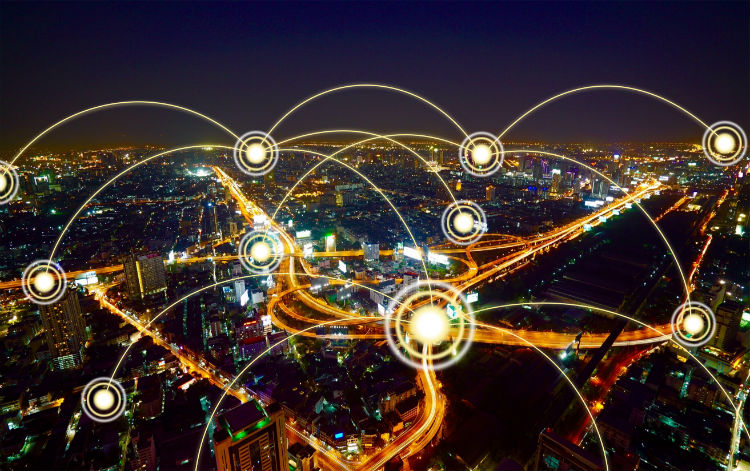
New LERU report makes recommendations on the many ways in which gender bias can be avoided.

Spanish researchers are still waiting for the full implementation of a law which was approved six years ago.
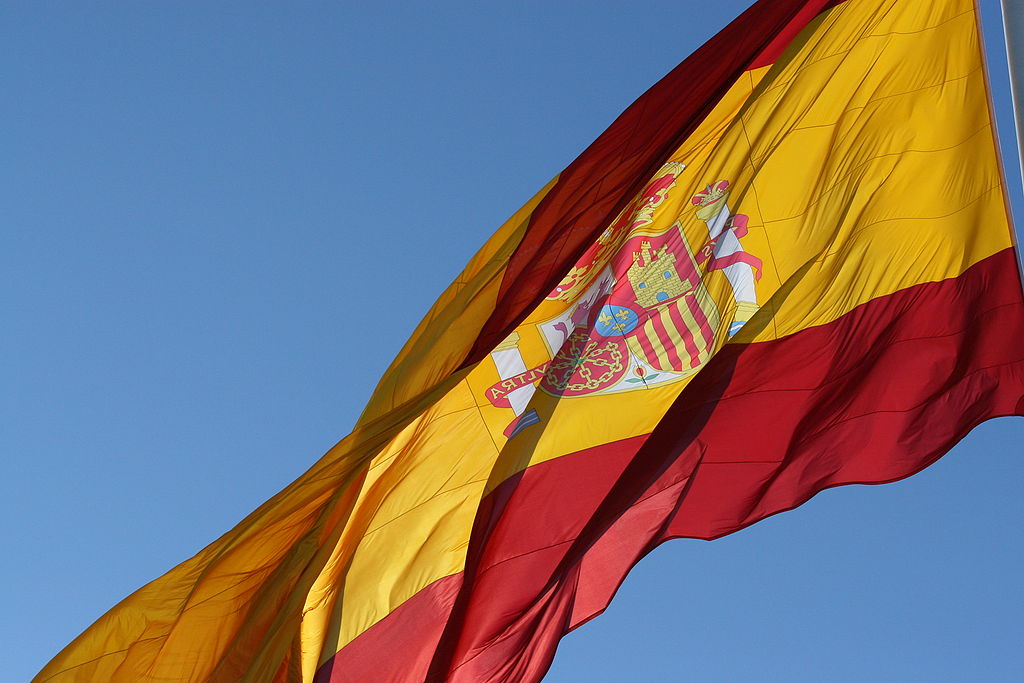
Are we ready to give up traditional financial and governance control in favour of decentralised blockchain applications harbouring greater transparency?

European Digital City Index measures fertility of cities across Europe for innovative digital firms.
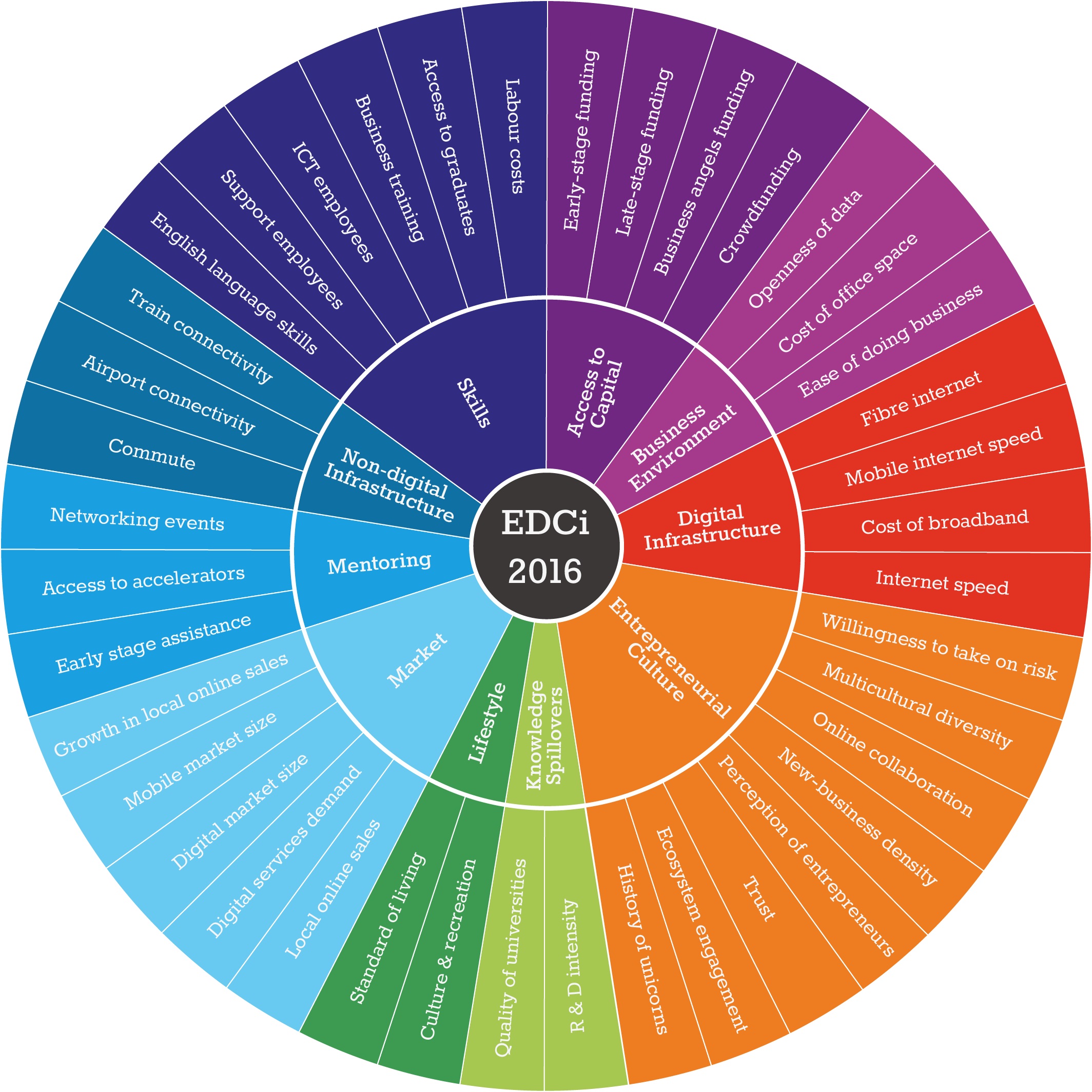
Starting a family has less influence than before on the pursuit of an academic career for researchers.

As top-down governance gives signs of obsolescence, it is time to adopt greater bottom-up input from scientists into policies influencing our lives.
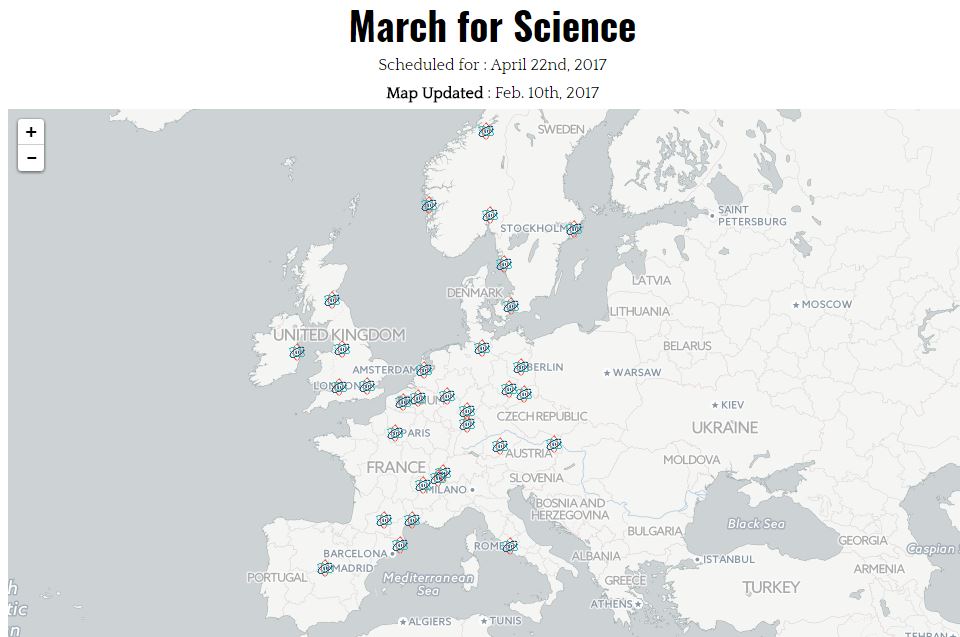
Recent changes in the political landscape in Northern Europe have brought some new policies that are less supportive of science and education than previously.

The measurement of Impact Factor – how many citations a publication or a researcher is able to attract, is one of the most controversial yet most widely used quality indicators in science.
The story of La Paillasse: an open lab which aims to cut out the intermediaries and create a much more open way of doing research, enabling to fast-prototype solutions to scientific problems.
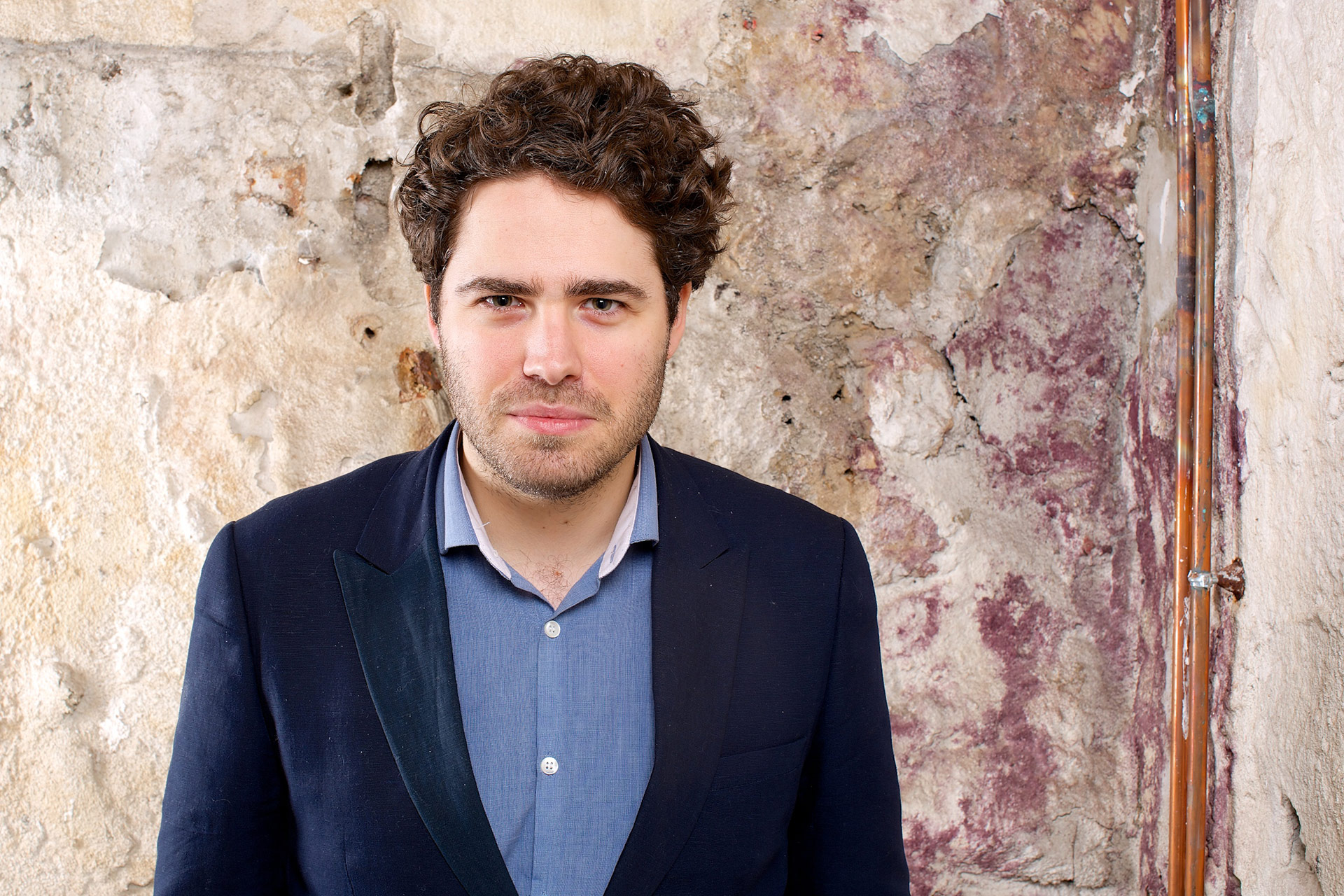
In an era where research bureaucracy is the biggest burden bestowed upon scientists, some are seeking practical solutions.

A collectionof YouTube’s most popular and emerging science channels.

How easy is it really to exactly replicate a scientific experiment by just reading the published result?

Solitude often holds negative connotations. Yet, solitude in science it is not necessarily a bad thing.

Young scientists are expected to change country and jobs every few years on average to get a chance to progress their academic career. Mobility in science stems from a long tradition. It is favoured for bringing very enriching experiences. But post docs and their scientific work do not always benefit from mobility. Here, EuroScientist looks into how being on the move every few years affects the life of researchers and looks at ways of enhancing work/life balance.

Imagine what would happen if the United Kingdom voted to leave the European Union in the referendum of the 23rd June 2016? To give our readers a better idea of the consequences of the Brexit for the country's scientists, EuroScientist has commissioned UK technology journalist Paul Hill to write a fictional day in the life of a British academic post-Brexit. This gives food for thought on the factors influencing the position of Europe's centre of gravity in research.
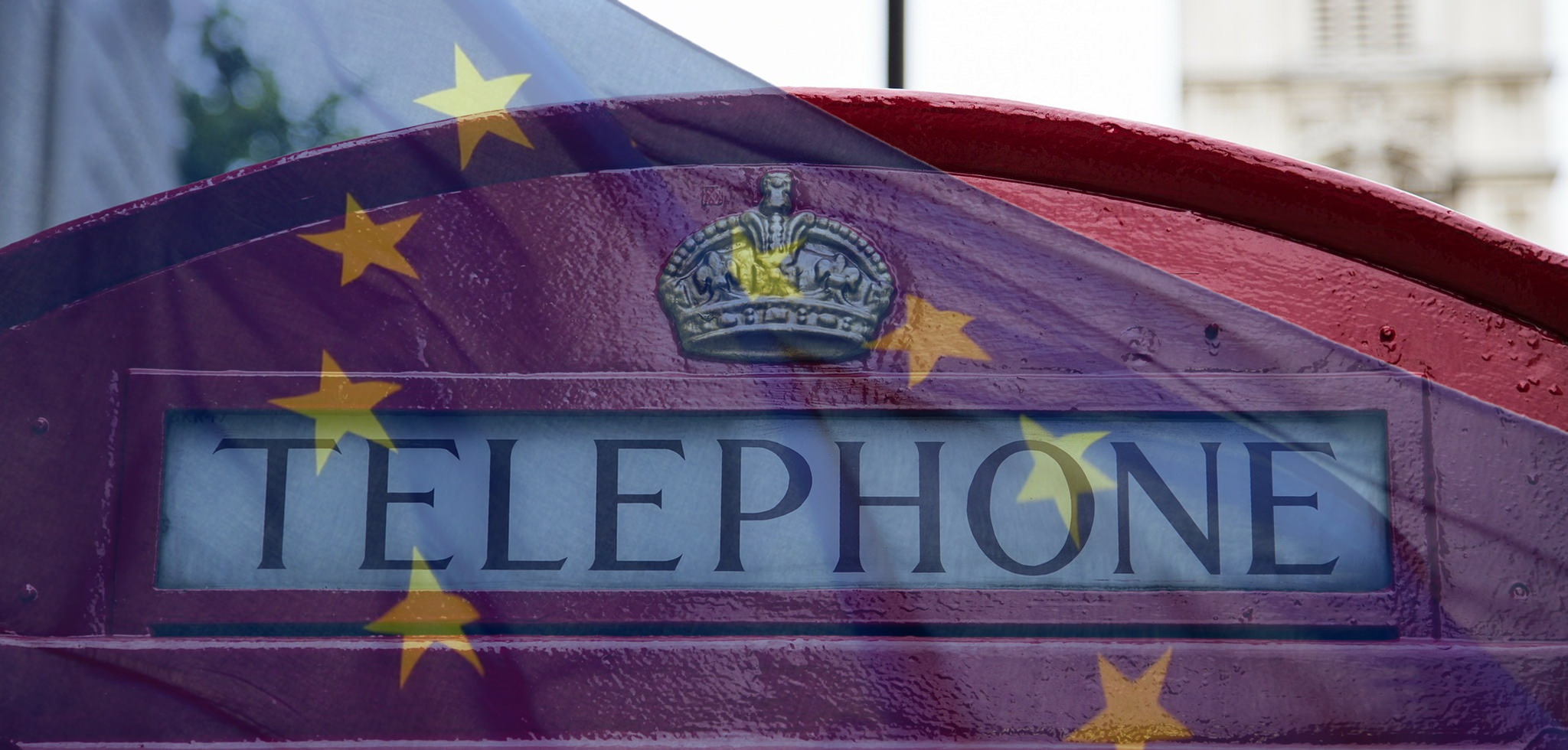
For every characteristic of uberisation, there is a parallel in the world of research. This raises the question of whether research was "uberised" before Uber even existed?
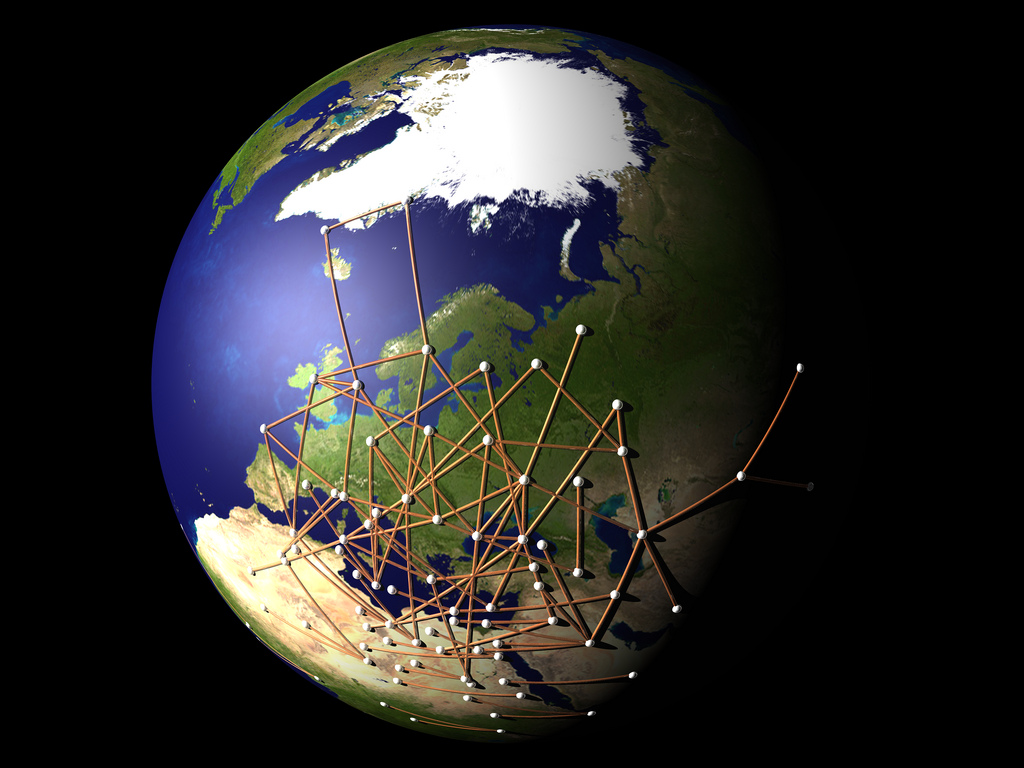
In this interview with EuroScientist, Lawrence Rajendran explains why he created Matters, to change the way we communicate science.
